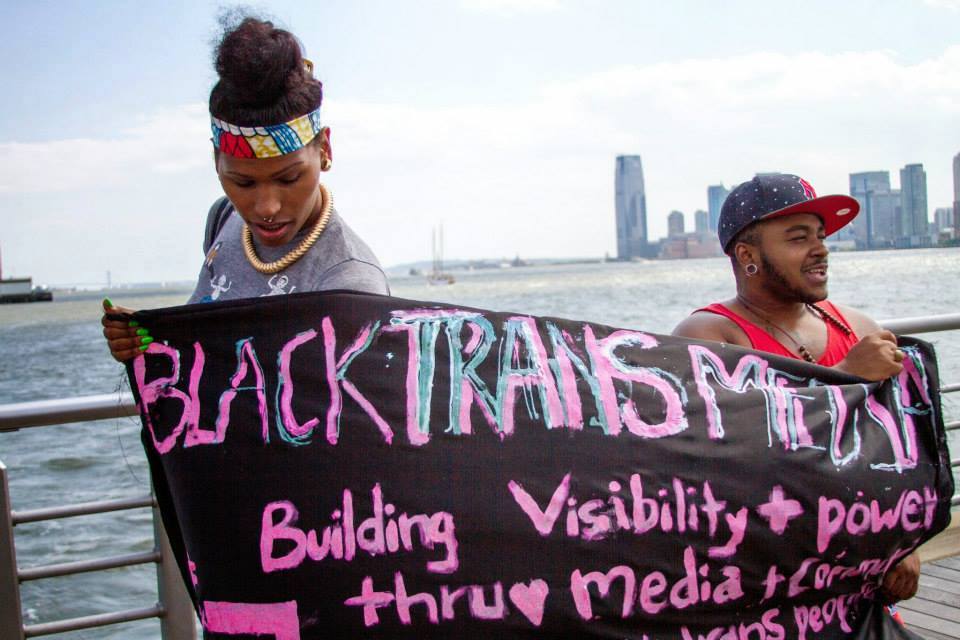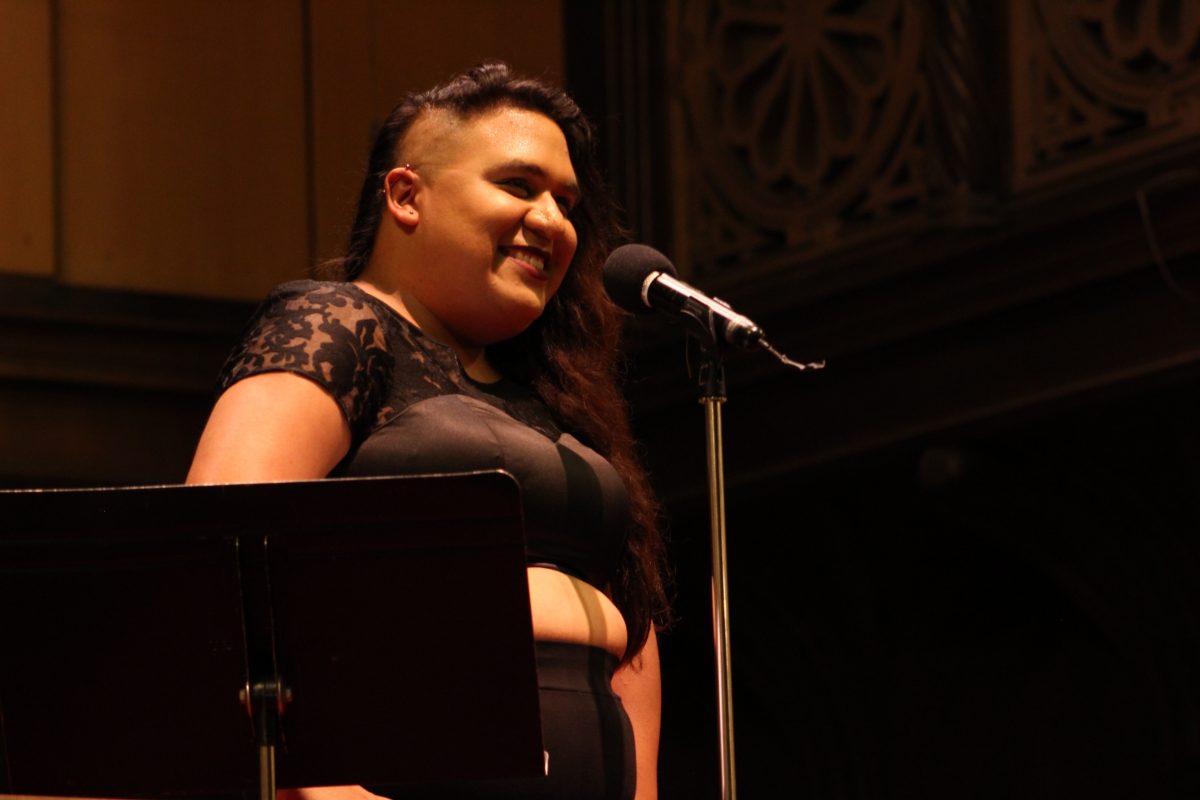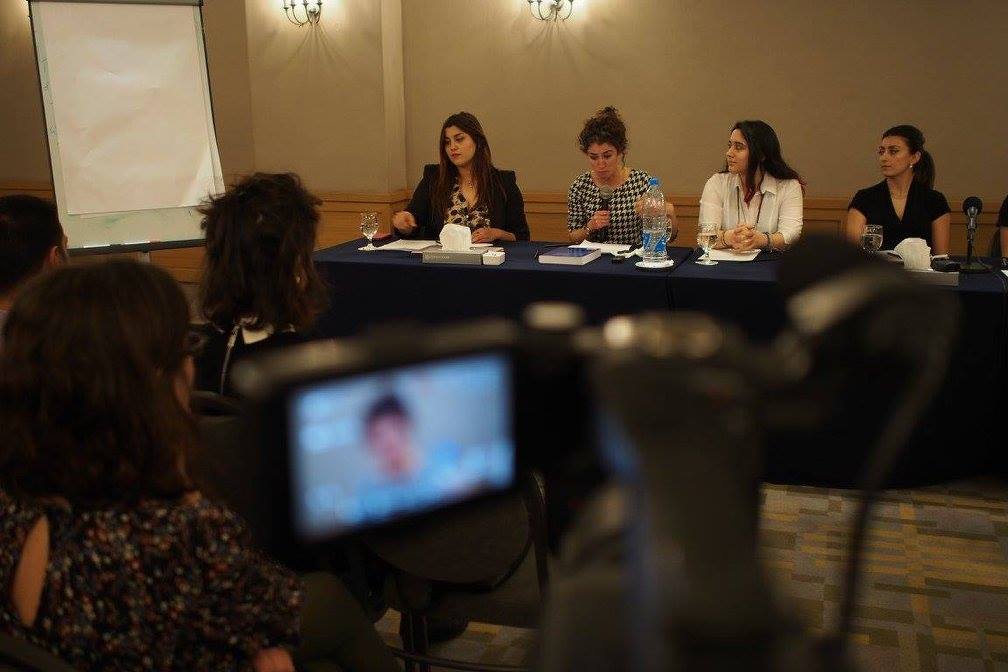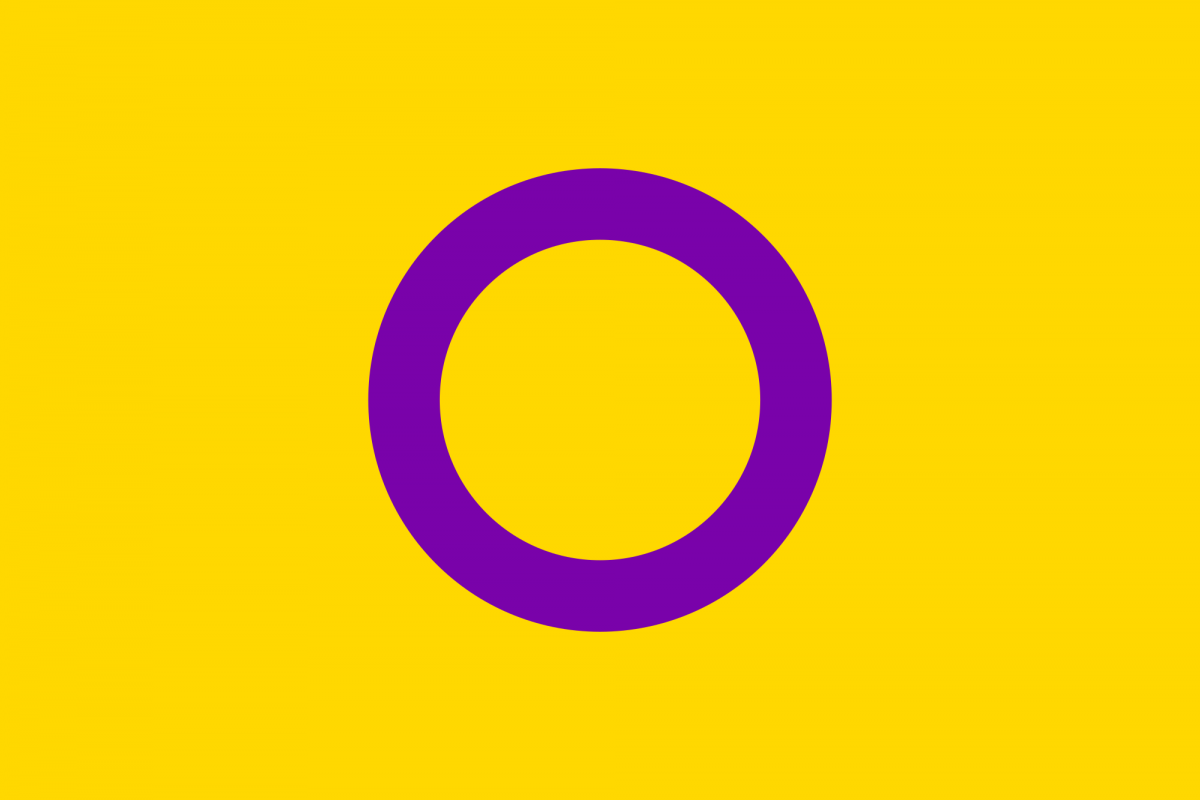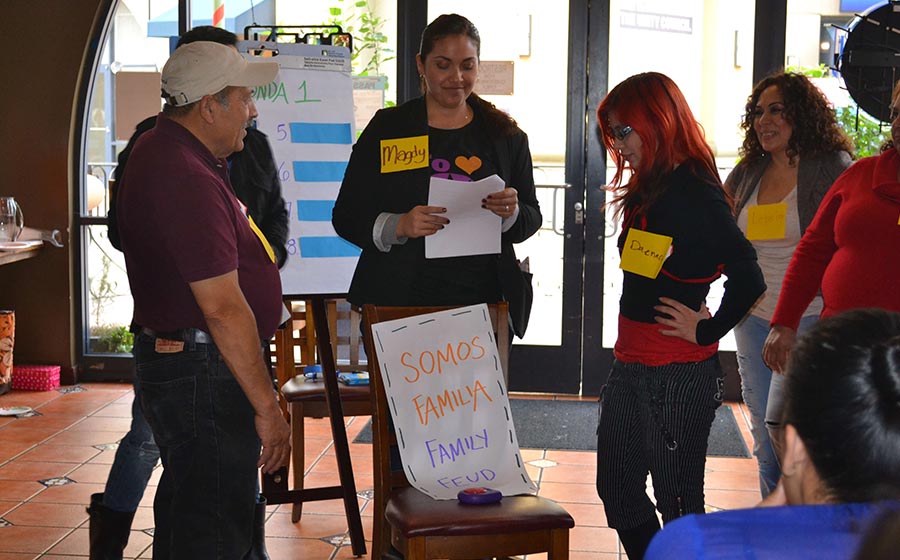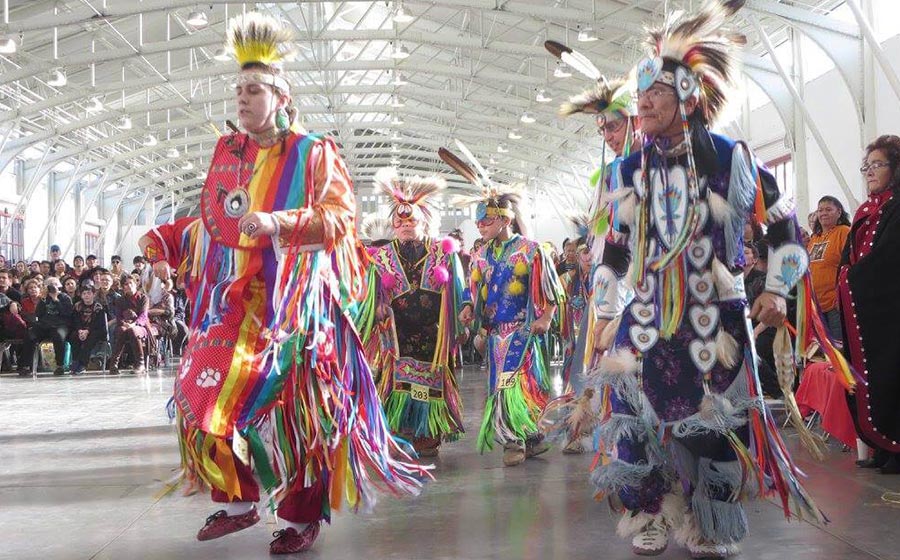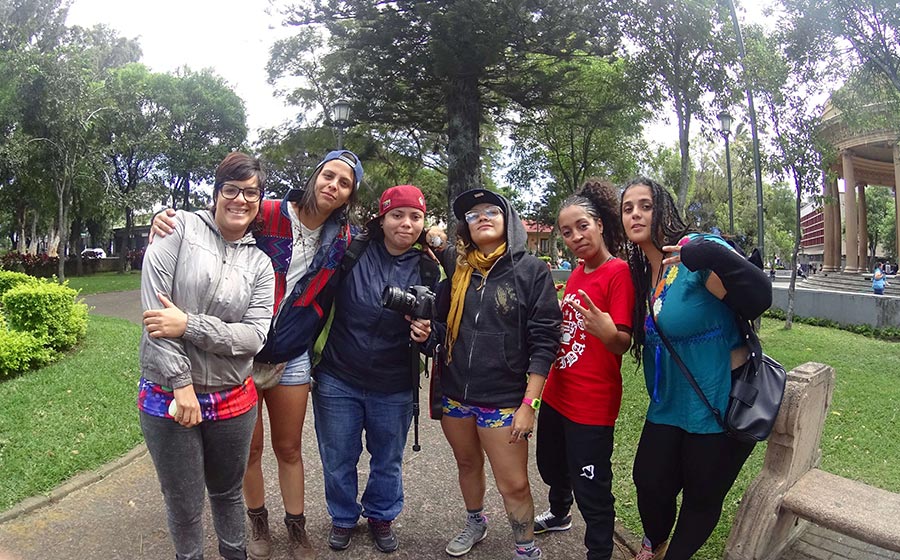Lane has participated in many notable festivals and seminars in Central and South America on human rights, feminism and culture of hip-hop.
Eunice Rebeca Vargas (Rebecca Lane) was born in Guatemala City in 1984 amid civil war. Early on, she began researching methods to recover the historical memory of those war years, subsequently becoming an activist for families whose loved ones had been kidnapped or killed by the military government. Through this organization work, she realized that women had less power in leadership and thus she birthed a feminist vision. The theater has always been part of her life; she is currently part of a theater and hip-hop group that created the Eskina (2014) to address violence against youth in marginalized areas of the city, with the use of graffiti, rap, breakdancing, DJing, and parkour. Since 2012, as part of the hip-hop group Last Dose, she began recording songs rap poetry as an exercise. In 2013, she released her EP “Canto” and she began a tour of Central America and Mexico. Lane has participated in many notable festivals and seminars in Central and South America on human rights, feminism and culture of hip-hop. In 2014, she won the Proyecto L contest, which recognizes music that reinforces the right of expression. In addition, she works as a sociologist with several publications and lectures on urban youth cultures and identities and, more recently, on education and its role in the social reproduction of inequality.
She is the founder of Somos Guerreras project that seeks to create opportunities for empowerment and visibility of women in hip-hop culture in Central America. With support from Astraea is, she performed We are Guerreras with Nakury, and Audry Native Funk in 8 cities, from Panamá to Ciudad Juárez to record a documentary about the work of female hip-hop in the region.
*** En Español***
Rebeca Eunice Vargas (Rebeca Lane) nació en la Ciudad de Guatemala en 1984, en medio de una guerra civil. Desde temprano comenzó a investigar métodos para recuperar la memoria histórica de esos años de guerra, subsecuentemente convirtiéndose en activista por las familias cuyos seres queridos habían sido secuestrados o asesinados por el gobierno militar. A través de este trabajo de organización ella se dio cuenta de que las mujeres tenían menos poder en el liderazgo y así nació su visión feminista. El teatro siempre ha sido parte de su vida; ella actualmente forma parte de un grupo de teatro y Hip Hop que creó La Eskina (2014) para abordar la violencia contra la juventud en regiones marginalizadas de la ciudad, con el uso del grafiti, el rap, el breakdance, pinchar discos (deejaying) y el parkour. Desde 2012, como parte del colectivo de Hip Hop, Última Dosis, comenzó a grabar canciones de rap como un ejercicio de poesía. En 2013, salió su EP “Canto” y ella comenzó una gira por Centroamérica y México. Lane ha participado en muchos festivales y seminarios notables en Centroamérica y Suramérica sobre derechos humanos, el feminismo y la cultura del Hip Hop. En 2014, ganó el concurso Proyecto L, el cual reconoce música que refuerza el derecho de expresión. Además, ella trabaja como socióloga con varias publicaciones y da conferencias sobre culturas urbanas e identidades juveniles y, más recientemente, sobre la educación y su rol en la reproducción social de la inequidad.
Es fundadora del proyecto Somos Guerreras que busca generar espacios de empoderamiento y visibilidad de las mujeres en la cultura Hip Hop en Centroamérica. En 2016 con apoyo de Astraea se realizó de Somos Guerreras junto a Nakury, Nativa y Audry Funk por 8 ciudades desde Panamá hasta Ciudad Juárez para grabar un documental sobre el trabajo de las mujeres Hip Hop en la región.

